Nuts and bolts are fasteners used in the fields of machinery and construction. A nut screw has a hole in the middle and a thread in the hole. A bolt consists of a head and a screw, which is a cylindrical object with external threads. Assorted nuts and bolts are usually utilized in combination to connect various structural components.
Advantages of nuts and bolts
The structure of nuts and bolts is simple, and it's easy for users to assemble and disassemble small nuts and bolts. What's more, there are many types of nuts and bolts, so they can be widely used in various fields, such as machinery, construction, transportation, and other fields. In addition, the combinations of nuts and bolts can provide connections, and it can withstand strong vibration. Nuts and bolts also have good corrosion resistance. Lastly, nuts and bolts are easy to produce; thus, their prices are affordable, which can reduce production costs.
Types of nuts and bolts
Nuts can be divided into ordinary nuts, thread lock nuts, and thread adjustment nuts according to the type of thread. Ordinary nuts are usually used in general tightening work. Thread-locking nuts have a certain locking function and are suitable for situations that require resistance to vibration and looseness. The thread adjustment nuts can adjust the thread to adapt to the gap between parts. In addition, according to materials, nuts can be categorized as ordinary nuts, stainless steel nuts, and copper nuts. Ordinary nuts are generally made of carbon steel and are ideal for use in general environments. Stainless steel nuts include self-locking nuts, four-jaw nuts, hex nuts, butterfly nuts, and other types, which have corrosion resistance. They are commonly used in humid or corrosive environments. Copper nuts include embedded copper nuts, injection molded copper nuts, etc. They have good conductivity and are widely used in electrical equipment.
According to the shape of the head, Bolts can be divided into hex nut bolts, round head bolts, square head bolts, countersunk head bolts, etc. And hex nut bolts are the most commonly used. What's more, bolts are categorized into eight grades based on their performance: 3.6, 4.8, 5.6, 6.8, 8.8, 9.8, 10.9, and 12.9. Among them, bolts above grade 8.8 (including grade 8.8) are high-strength bolts, while bolts below grade 8.8 are commonly ordinary bolts. Lastly, bolts have A, B, and C three levels according to their manufacturing accuracy. Class A and B bolts are refined bolts with smooth surfaces, precise dimensions, and relatively higher prices. Class C bolts are rough bolts, which are easy to install and have a lower cost of production.








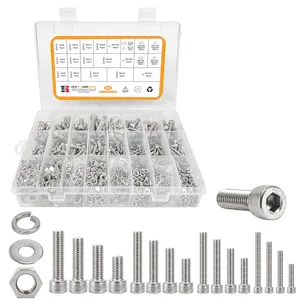




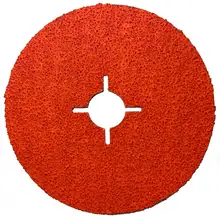


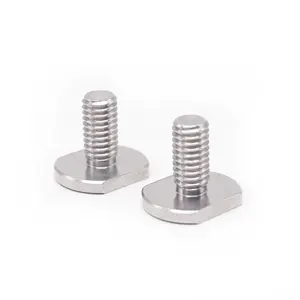
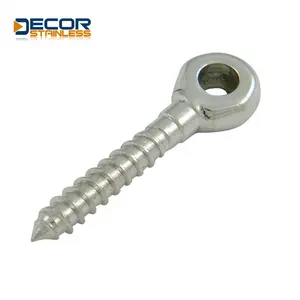
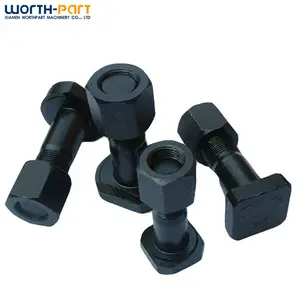
























 浙公网安备 33010002000092号
浙公网安备 33010002000092号 浙B2-20120091-4
浙B2-20120091-4